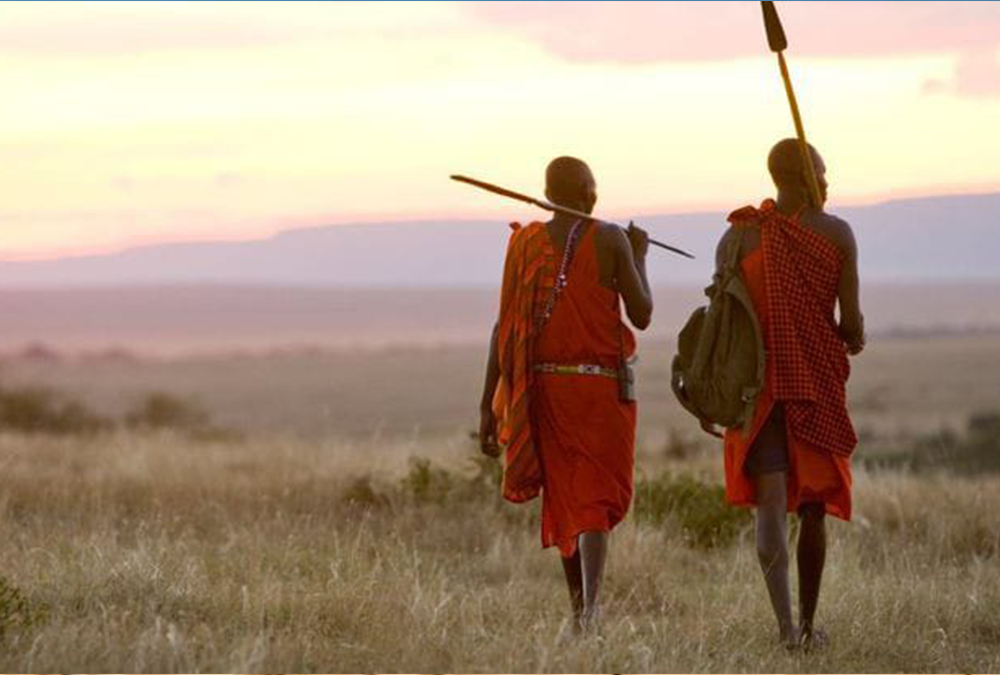By Juma Mwamba

Tanzania is currently facing a simmering conflict between the Maasai community and the Ministry of Tourism over access to grazing fields.
This dispute highlights the complex interplay between conservation efforts, indigenous land rights, and economic development. Finding a sustainable solution that balances the needs of both parties is essential for fostering harmony, preserving natural resources, and promoting inclusive growth.
At the heart of the conflict lies the competition for land resources between the Maasai, a semi-nomadic pastoralist community with deep ancestral ties to the land, and the Ministry of Tourism, which seeks to protect and preserve wildlife habitats for tourism purposes.
The Maasai culture, deeply rooted in the traditions of herding cattle, plays a central role in shaping their way of life and identity. Cattle are not only a source of livelihood but also symbols of wealth, status, and cultural heritage. For generations, the Maasai have practiced transhumance, moving their herds seasonally in search of pasture and water. However, conservation measures aimed at preserving wildlife habitats often restrict their access to traditional grazing areas, leading to conflicts with government authorities.
Several factors exacerbate the conflict: limited dialogue historically, a lack of meaningful consultation and engagement between the Maasai community and government authorities regarding land management and conservation policies, leading to feelings of marginalization and disenfranchisement among the Maasai; economic pressures, rapid population growth, urbanization, and increased demand for land for agriculture and infrastructure development place additional strain on available resources, intensifying competition for land between different stakeholders; and environmental concerns, balancing conservation objectives with the needs of local communities is a delicate task.
Unsustainable land use practices, such as overgrazing and deforestation, can degrade ecosystems and threaten biodiversity, jeopardizing the long-term viability of both wildlife and livelihoods.
Addressing the conflict between the Maasai community and the Ministry of Tourism requires a collaborative and holistic approach that takes into account the needs and perspectives of all stakeholders. Possible solutions include community empowerment through participatory decision-making processes and recognizing their customary land rights, promoting sustainable land use practices, diversifying economic opportunities for the Maasai community, such as through eco-tourism initiatives and community-based enterprises, establishing mechanisms for conflict resolution and mediation, facilitated by impartial third parties, to help address grievances and disputes in a fair and transparent manner.
Resolving the conflict between the Maasai community and the Ministry of Tourism in Tanzania requires a concerted effort to foster dialogue, promote inclusivity, and find mutually beneficial solutions that uphold both conservation goals and indigenous rights.
By working together in a spirit of cooperation and understanding, Tanzania can chart a path towards sustainable development that respects the cultural heritage and livelihoods of its diverse communities while safeguarding its natural treasures for future generations.